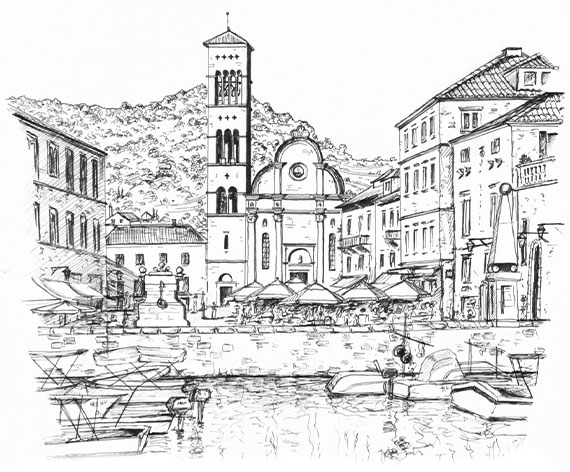This response is important for our ability to learn from mistakes, but it also
gives rise to self-criticism, because it is part of the threat-protection system. In other words, what keeps us safe can go too far, and keep us too safe. In fact
it can trigger self-censoring.

Everything along the way, to and from, fascinated her: every pebble, ant, stick, leaf, blade of grass, and crack in the sidewalk was something to be picked up, looked at, tasted, smelled, and shaken. Everything was interesting to her. She knew nothing.
I knew everything…been there, done that. She was in the moment, I was in the past. She was mindful. I was mindless.
Our greatest weakness lies in giving up. The most certain way to succeed is always to try just one more time.
Both of these assumptions, of course, could be entirely false. Self-censoring is firmly rooted in our experiences with mistakes in the past and not the present. The brain messages arising from those experiences can be deceptive.